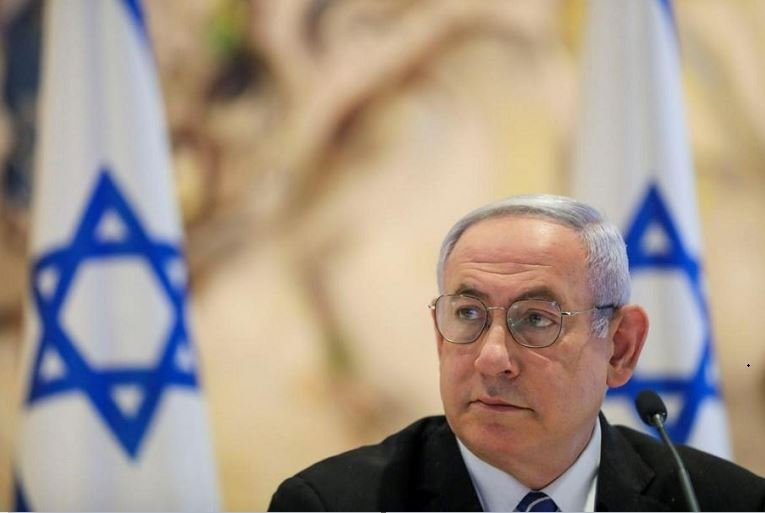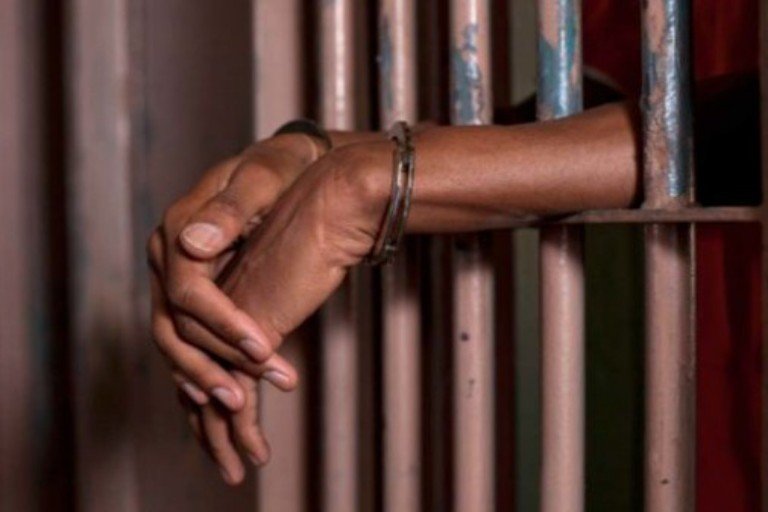Israel has sternly rejected criticism from world leaders after its security cabinet approved a decision to take control of Gaza City.
Defence Minister Israel Katz stated that countries that condemned Israel and threatened sanctions would “not weaken our resolve”.
“Our enemies will find us as one strong, united fist that will strike them with great force,” he added.
Israel’s decision to expand its war in Gaza sparked condemnation from the UN and several countries, including the UK, France and Canada, and prompted Germany to stop military exports to Israel.
The Israeli security cabinet approved the plan, which lists five “principles” for ending the war: disarming Hamas, returning all hostages, demilitarising the Gaza Strip, seizing security control of the territory, and establishing “an alternative civil administration that is neither Hamas nor the Palestinian Authority”.
According to Israeli media reports, the plan initially focuses on gaining full control of Gaza City and moving its estimated one million population further south. Forces would also seize control of refugee camps in central Gaza and locations where hostages are believed to be held.
According to media reports, a second onslaught would take place weeks later, alongside an increase in humanitarian aid.
The decision to deepen the fight has sparked furious resistance from some Israelis, notably military officers and the families of captives held in Gaza.
According to Hamas, the plot to capture Gaza City “constitutes a new war crime” and will “cost [Israel] dearly”.
Foreign ministers from the United Kingdom, Germany, Italy, New Zealand, and Australia issued a united statement on Friday condemning the plan, claiming that it will “aggravate” the already “catastrophic” situation in Gaza.
“Any attempts at annexation or settlement extension violate international law,” they added.
UN human rights chief Volker Turk issued a warning that further escalation would “result in more massive forced displacement, more killing, more unbearable suffering, senseless destruction and atrocity crimes”.
Israeli Prime Minister Benjamin Netanyahu told German Chancellor Friedrich Merz he was disappointed with Berlin’s decision to suspend arms exports to Israel, saying it was “rewarding Hamas terrorism”.
In Israel, the families of the surviving hostages in Gaza have warned that the lives of the 20 reported to have survived will be jeopardised.
According to the Hostages Families Forum Headquarters, the decision is heading “towards a colossal catastrophe for both the hostages and our soldiers”.
The United States has been less critical. On Tuesday, President Donald Trump stated that it was “pretty much up to Israel” whether to completely occupy the Gaza Strip.
The IDF presently controls roughly three-quarters of Gaza, and nearly all of its 2.1 million residents live in the quarter of the region that the military does not control.
According to the UN, over 87% of Gaza is in militarised zones or under evacuation orders.
According to the United Nations, Israel does not occupy certain sections of central Gaza and the Mediterranean coastline.
These include refugee camps, where many Gazans currently live after their homes were damaged by Israel’s military assault.
The war has already uprooted the great majority of Gaza’s population, many of whom have relocated multiple times.
The war has caused a humanitarian calamity in Gaza, with the majority of the population facing hunger, according to UN experts.
The enclave is also experiencing widespread deprivation as a result of Israel’s stringent limitations on what is permitted in, which it claims are intended to weaken Hamas.
Tedros Adhanom Ghebreyesus, the head of the World Health Organisation, stated that July was the deadliest month for cases of acute malnutrition in Gaza, affecting approximately 12,000 children under the age of five.
The war began after Hamas launched an attack on Israel on October 7, 2023, killing approximately 1,200 people and taking 251 captives back to Gaza.
Israel responded with a huge military offensive, killing at least 61,158 Palestinians, according to Gaza’s health ministry.











